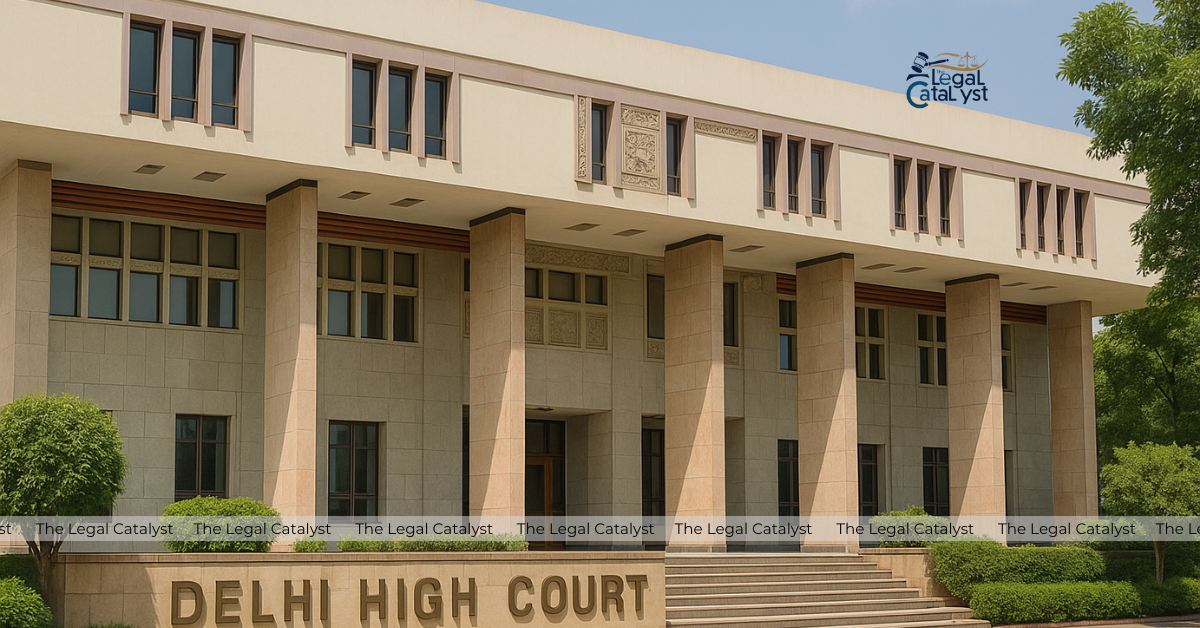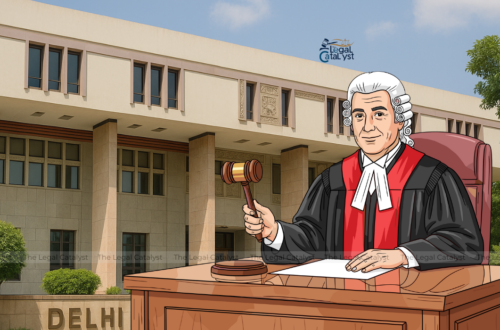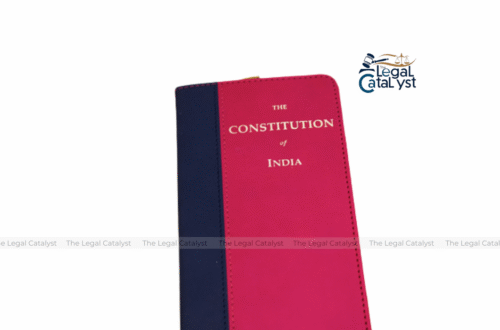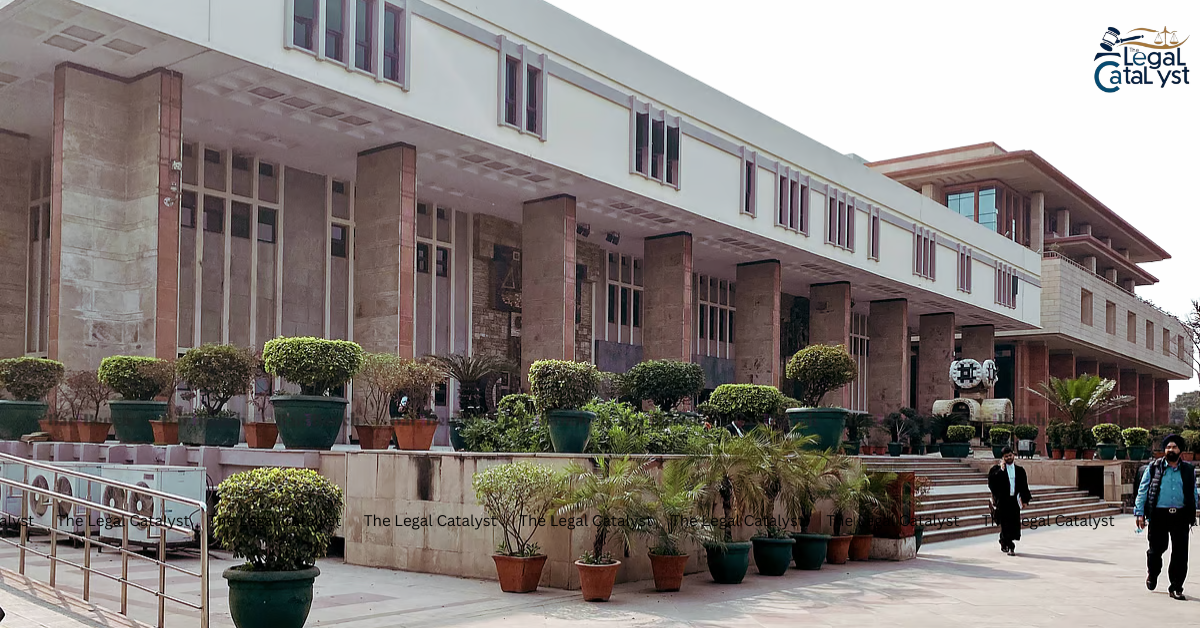New Delhi – The Delhi High Court on Wednesday dismissed a public interest litigation (PIL). It was filed by men’s rights activist Shonee Kapoor. He sought the creation of a police database to track women filing multiple sexual offence complaints.
A Bench comprising Chief Justice Devendra Kumar Upadhyaya and Justice Tushar Rao Gedela declined to entertain the plea. They observed that the matter falls within the domain of the police authorities. It does not warrant judicial interference at this stage.
Kapoor alleged widespread misuse of rape laws. He claimed that some women file multiple complaints driven by motives like personal vendetta. Others do so driven by extortion or coercion. His petition urged the court to mandate district police headquarters to maintain a database of such complainants and to consider seizing their identification documents, including Aadhaar cards, to curb misuse.
The Court, however, noted that Kapoor’s representation had already been acknowledged. It was under consideration by senior police officials. This was revealed through a response to a Right to Information (RTI) application.
“Accordingly, without expressing any opinion as to the merit or claim of the petitioner, this petition is disposed of with a direction to the authority to take an informed decision with expedition,” the Court stated in its order.
When Kapoor’s counsel cited a similar matter entertained by the Punjab and Haryana High Court, the Chief Justice responded pointedly:
“So? That is their functioning. Is this a petition or a suggestion? How can a court intervene in this matter?”
In his petition, Kapoor argued that the lack of a tracking mechanism for multiple complaints by the same complainant weakens the credibility of such allegations and results in wrongful harassment. The plea further claimed that a high rate of acquittals in rape cases raises questions about the veracity of certain allegations. It warns of possible erosion of public trust in genuine victims’ complaints.
The Court reiterated a key point. Individual grievances related to prosecution or investigation must be addressed through the appropriate executive or legal channels. They should not be addressed through blanket judicial directives.
Connect with us on Instagram – X – LinkedIn for daily updates, quizzes, and other materials
Also Read
Supreme Court Dismisses Plea Challenging ISIS Terror Designation Under UAPA






